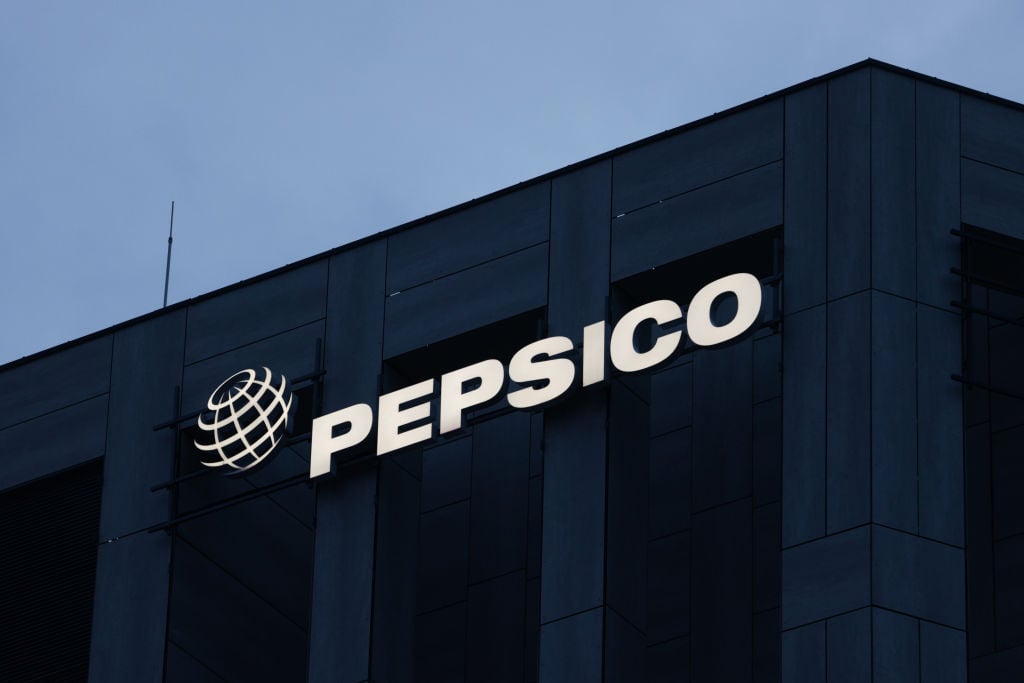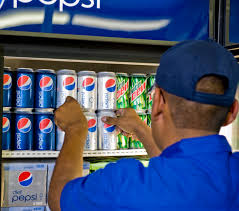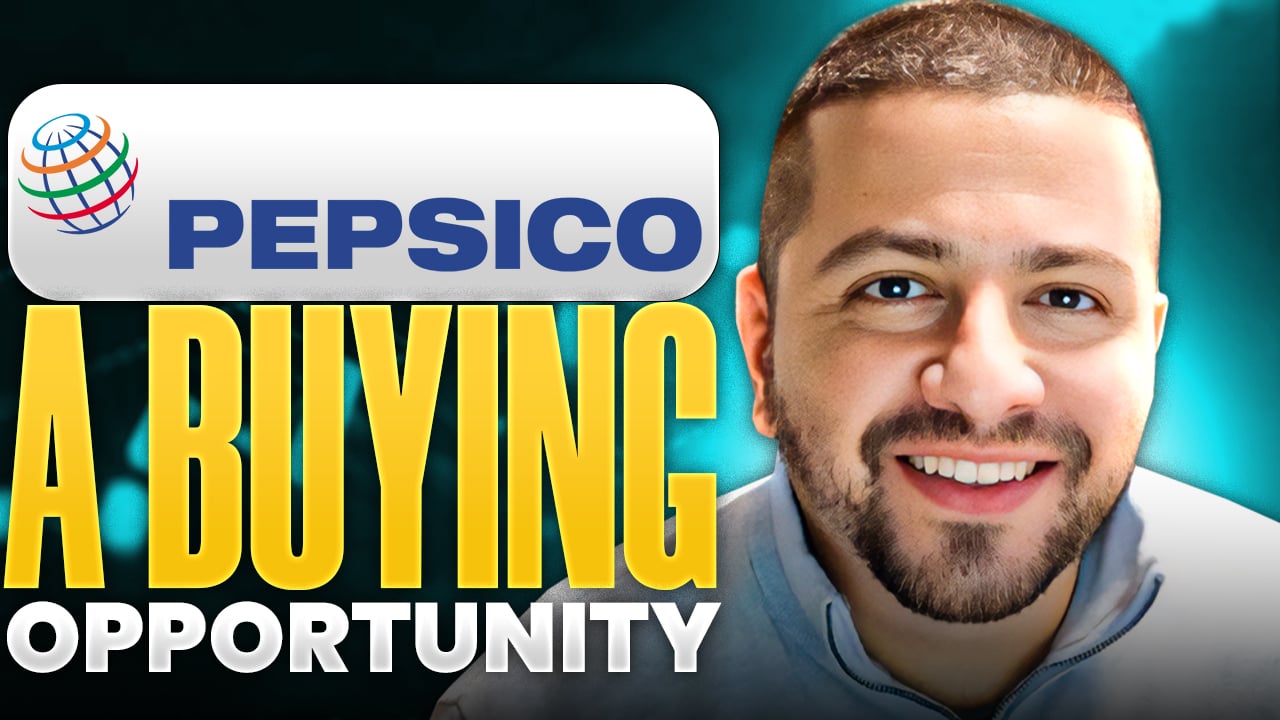
Source: PepsiCo
Soda sales have been steadily declining, as consumers are increasingly turning toward healthier alternatives. Based on data from Beverage Digest, per capita soda consumption in the U.S. is at lows not seen since 1986, and there is little reason to expect a pickup in demand anytime soon. What does this mean for a global industry giant like PepsiCo (PEP +5.06%)?
Thriving in a healthy new world
When considering the overall demand picture for PepsiCo, things look far from discouraging. The decline in soda volume is mostly concentrated in the U.S. and other developed markets, and PepsiCo has achieved significant product and geographical diversification over the last several years.
The company's revenue is split evenly between the U.S. and international markets, and nearly half of total sales come from snacks. In aggregate, carbonated soft drinks comprised less than 25% of global revenue during 2014, so the impact on the top line is not too big to handle.
The company is still delivering solid overall performance in spite of changing market conditions. Organic global beverages sales grew only 1.5% in the last quarter, and sales in the North America beverage segment were flat year-over-year. However, PepsiCo still announced a strong 4.4% increase in global organic revenue during the quarter, driven mostly by a 7% jump in organic snack sales.
One positive effect from increased nutritional awareness is that consumers are demanding smaller servings in sodas, and this is allowing PepsiCo to achieve higher average prices. The company realized three points of net pricing gains in global beverages during the last quarter. Still, higher prices can only offset declining volumes for so long, so PepsiCo needs to innovate its way toward sustained growth.
Not your grandpa's PepsiCo
CEO Indra Nooyi has been betting on this trend for a long time, and PepsiCo has reclassified its portfolio into three different product categories: "Fun for you," which includes traditional sodas and snacks; "better for you," typically offering low-calorie versions of its products; and "good for you," which targets health-conscious consumers with brands such as Gatorade, Quaker, Tropicana, Aquafina, and Naked Juice, among several others.
The company's R&D division has hired experts in areas such as nutritional science, sports, endocrinology, and metabolomics to improve the health impact of its products. Even in its "fun for you" portfolio, PepsiCo has taken initiatives such as eliminating trans fats and reducing salt, fat, and added sugar content in its key brands.
PepsiCo is actively promoting its healthier drinks and offering more choices to replace traditional sodas -- the company recently introduced new Naked Juice flavors, including Chia Cherry Lime, Chia Sweet Peach, and Bright Beat. PepsiCo has also launched Tropicana Farmstand Tropical Green, which is a green juice that includes a full serving of fruits and vegetables in each 8-ounce glass with no added sugar.
Products such as Lipton Pure Leaf and Kickstart from Mountain Dew have been particularly successful, and management has high hopes for Propel Electrolyte Water, which has the same electrolytes as Gatorade with zero calories. Also, Lipton Sparkling Tea is off to a strong start, proving that consumers still want the bubbles, even if they don't want the added sugar and calories anymore.
PepsiCo's Gatorade Sports Science Institute is studying ways to help athletes improve performance through better hydration and nutrition. The company is conducting sweat tests, measuring an athlete's body weight before and after a workout and the amount of fluids consumed during the workout to determine how much fluid was lost, and how much liquid will be required to replenish the body and optimize performance.
Breathing tests measure both an athlete's current performance and future potential, and additional tests measure peripheral vision, reaction time, and hand-eye coordination. These insights are enabling PepsiCo to create functionally improved products such as its newly designed Gatorade 28-ounce bottle, which offers improved ergonomics. According to management, this innovation is fostering double-digit retail sales growth in regions that have converted to the new packaging.
Thanks to its diversified portfolio across products and regions, PepsiCo is not overly dependent on soda sales, and the company is delivering solid results in spite of shifting consumer preferences. Also, PepsiCo is investing in R&D and innovation to replace sodas with healthier options. These alternatives will allow the company to thrive in the long-term, even as soda continues its gradual decline.






